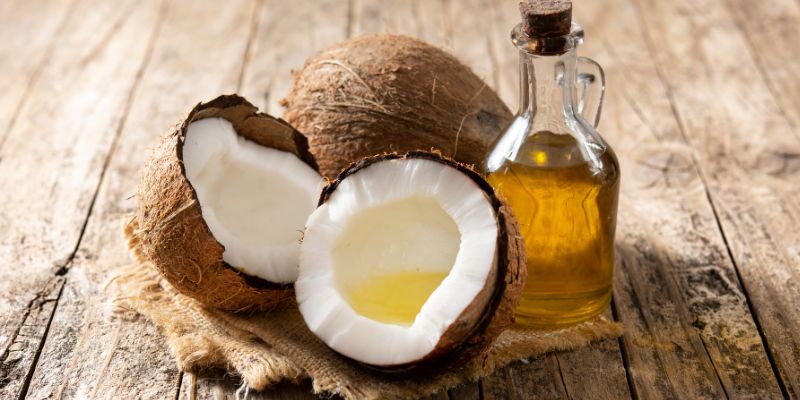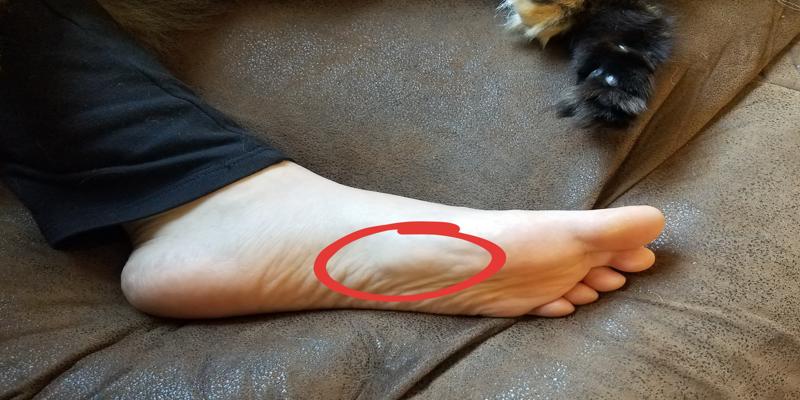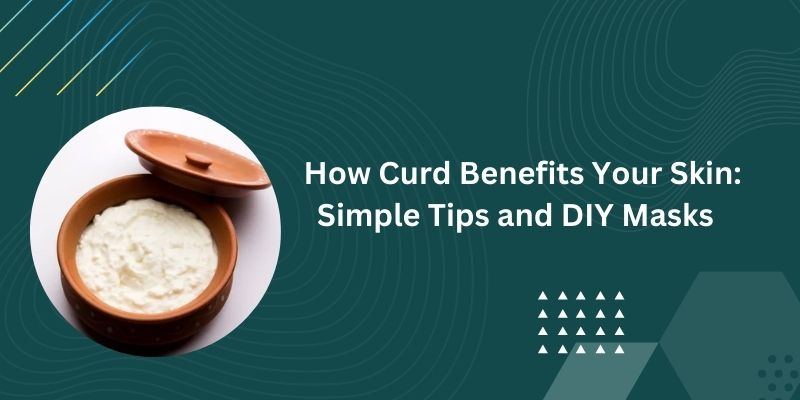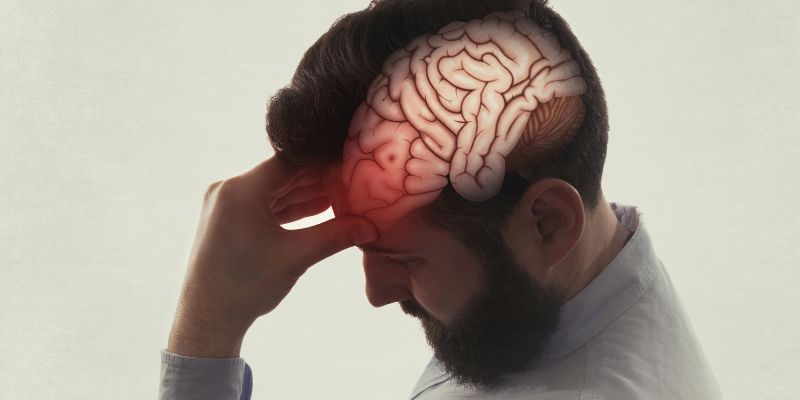Migraines can be debilitating, with severe migraines often disrupting daily life. Both conditions require proper management and treatment to reduce pain intensity and frequency. Whether you are dealing with occasional migraines or severe, chronic episodes, finding the right treatment is crucial for improving your quality of life.
This article will discuss the best approaches to treating severe migraines, including medications, lifestyle changes, and natural remedies. Keep reading to discover effective solutions to help you regain control over your health.
Migraines and Severe Migraines:
A migraine is more than just a headache. It is a neurological condition that causes sharp, throbbing pain along with frequent nausea, vomiting, and sensitivity to light and sound. While migraines vary in severity, a severe migraine can hinder a person for hours or even days. It is crucial to understand that severe migraines are not simply stronger headaches but a condition that requires immediate attention and ongoing management.
Symptoms of Migraine:
Migraines can present with a range of symptoms, but some common ones include:
- Intense, Throbbing Headache: Typically one-sided, but can affect both sides of the head.
- Aura: Visual disturbances such as flashing lights or blind spots.
- Sensitivity to Light and Sound: A common symptom during an attack.
- Nausea and Vomiting: Many migraine sufferers experience gastrointestinal distress.
- Fatigue: Feeling drained after the headache subsides.
- Severe migraines often amplify these symptoms and last longer, potentially leading to significant lifestyle disruptions.
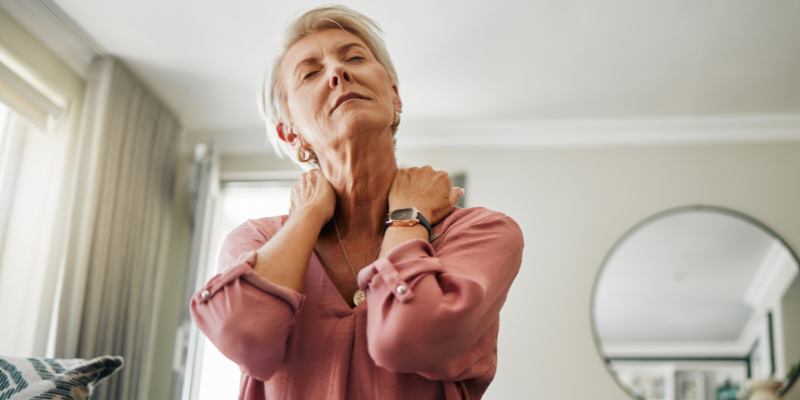
Causes of Migraines:
While the exact cause of migraines remains unclear, several factors can trigger or exacerbate an episode:
- Genetics: Family history can increase the likelihood of developing migraines.
- Hormonal Changes: Fluctuations in estrogen, especially in women, can contribute to migraine attacks.
- Environmental Factors: Strong smells, bright lights, and loud noises can act as triggers.
- Dietary Factors: Certain foods and beverages, such as caffeine, alcohol, and processed foods, may increase the risk.
- Stress and Anxiety: High levels of stress and anxiety can be major triggers for migraines.
Understanding these triggers is essential in managing migraines and preventing future attacks.
Treating Migraine: Approaches for Relief
Effective treatment for migraines can vary depending on the severity and frequency of the attacks. Here are some proven methods to help manage the condition.
- Medication:
Medications are one of the most common ways to treat migraines. These can include over-the-counter pain relievers or prescription medications, depending on the severity of the attack.
Over-the-Counter Medications: Nonsteroidal anti-inflammatory drugs (NSAIDs) like ibuprofen, aspirin, and acetaminophen are often effective for mild to moderate migraines.
Triptans: These are prescription medications that work by constricting blood vessels in the brain and reducing pain. Common triptans include sumatriptan and zolmitriptan.
Ergotamines: These medications are less common but can be prescribed for severe migraine attacks.
Anti-Nausea Medications: Often prescribed to manage nausea that accompanies a migraine.
- Lifestyle Modifications:
Incorporating certain lifestyle changes can significantly reduce the frequency and intensity of migraine attacks. Here are some practical steps to consider:
Regular Sleep Schedule: Aim to get at least 7-8 hours each night. Poor sleep can be a trigger for migraines.
Stay Hydrated: Dehydration is a common migraine trigger. Drink enough water throughout the day to stay hydrated.
Stress Management: Practice relaxation techniques such as meditation, yoga, or deep breathing exercises to manage stress.
Consistent Eating Habits: Skipping meals can lead to blood sugar fluctuations that may trigger migraines. Eating regular, balanced meals is essential.
Exercise: Regular physical activity can reduce the frequency of migraines by promoting overall health and reducing stress.
- Natural Remedies:
Natural treatments can provide relief for some people, either as a primary method or in conjunction with other therapies.
Magnesium Supplements: Magnesium deficiency has been linked to migraines, and taking magnesium supplements may reduce the frequency and intensity of attacks.
Essential Oils: Peppermint and lavender oils are known for their soothing properties and may help alleviate migraine symptoms when applied to the temples or inhaled.
Acupressure: This traditional Chinese medicine technique involves applying pressure to specific points on the body to reduce migraine pain.
Ginger Tea: Known for its anti-inflammatory and anti-nausea properties, ginger can be an effective remedy for migraines.
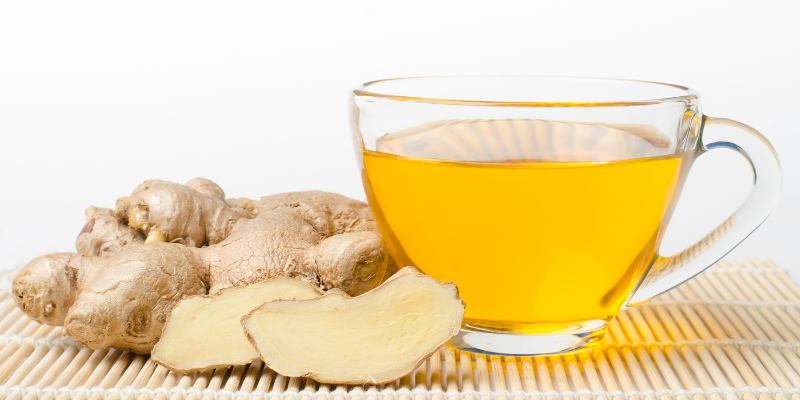
- Behavioral Therapies:
Cognitive-behavioral therapy (CBT) and other behavioral approaches can be particularly effective for people whose migraines are triggered by stress or emotional factors.
Cognitive-Behavioral Therapy (CBT): CBT helps individuals recognize and change patterns of thought and behavior that contribute to migraine attacks.
Biofeedback: This technique teaches individuals to control physiological functions, such as heart rate and muscle tension, to reduce stress and prevent migraines.
Relaxation Training: Learning how to relax the body and mind can be beneficial in preventing tension headaches, which may progress into migraines.
Behavioral therapies are often used as complementary treatments and can enhance the effectiveness of other treatments.
Severe Migraine Treatment: Targeted Approaches
Severe migraines require immediate and focused intervention to manage the intense pain. Here are some targeted treatments:
Intravenous (IV) Medications: For severe cases, medications can be administered through an IV in a healthcare setting. These medications may include a combination of pain relievers, anti-nausea medications, and fluids to rehydrate.
Emergency Room Visits: If a migraine is particularly severe and unresponsive to medication, a visit to the emergency room may be necessary for additional treatment and monitoring.
Cluster Headache Treatments: Although different from migraines, cluster headaches can be severe and sometimes mistaken for migraines. Specific treatments, including oxygen therapy and certain medications, may be necessary.
For those who experience debilitating, severe migraines, prompt medical attention and personalized treatment plans are crucial.
Conclusion
Effective treatment of migraines and severe migraines requires a multifaceted strategy that includes medication, lifestyle modifications, natural therapies, and, where needed, preventative measures. You may lessen the frequency and intensity of your migraines by being aware of your triggers and collaborating with a healthcare professional to create a customized treatment plan.
Start your journey to relief from migraines if you are experiencing them and want to talk with a healthcare professional.




